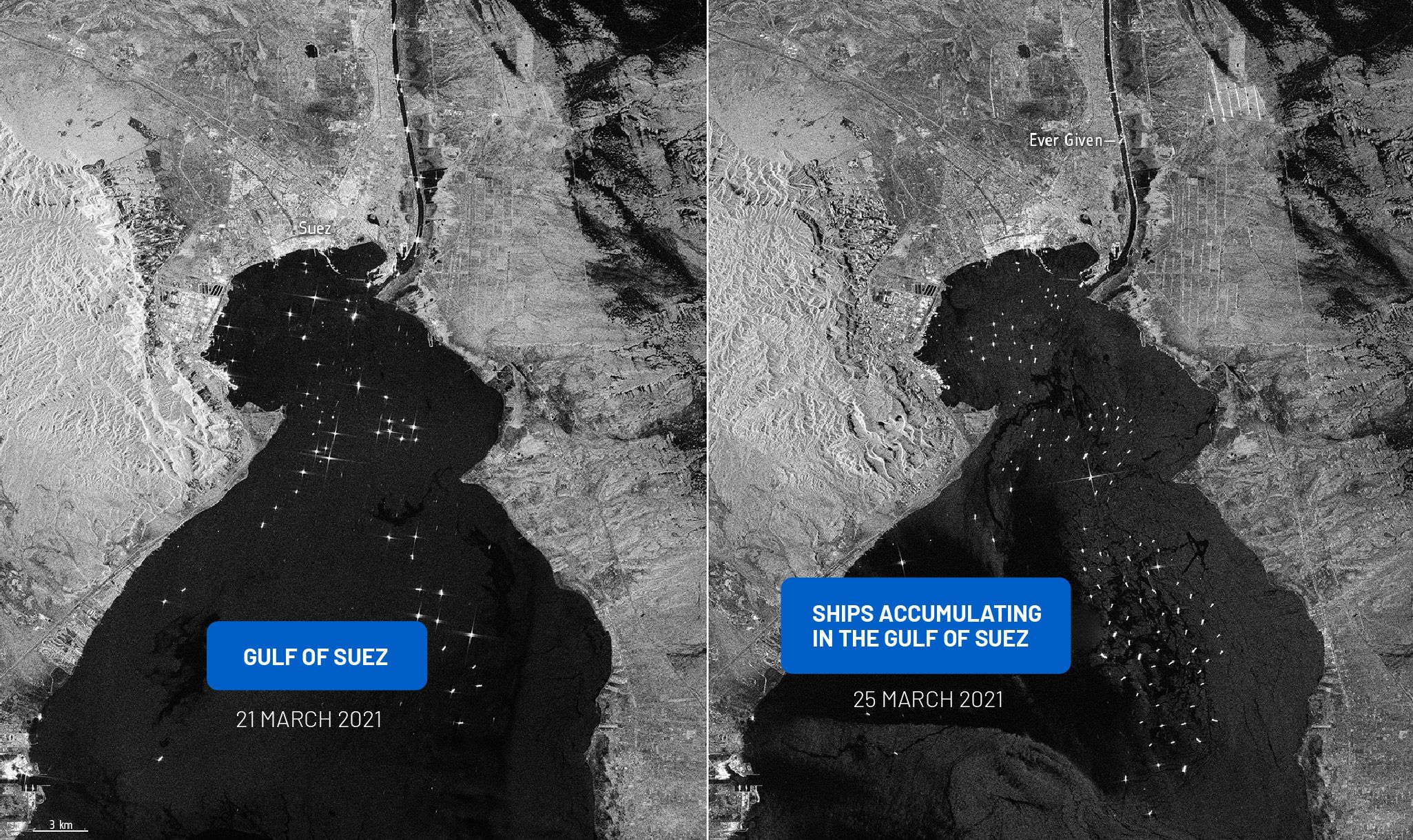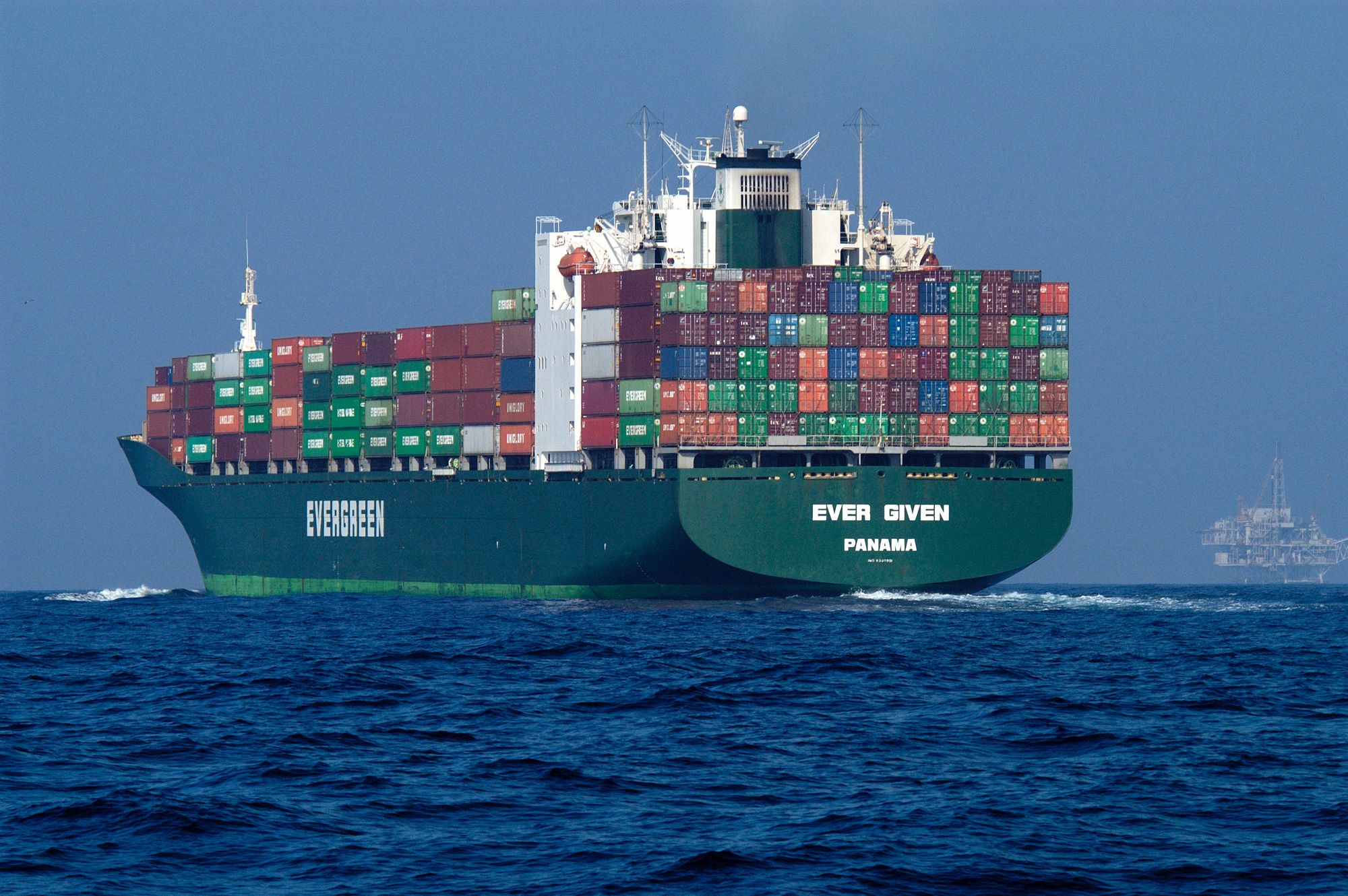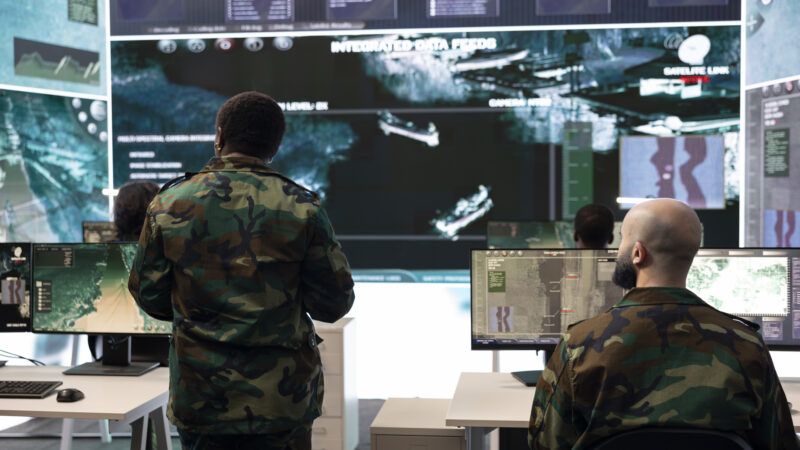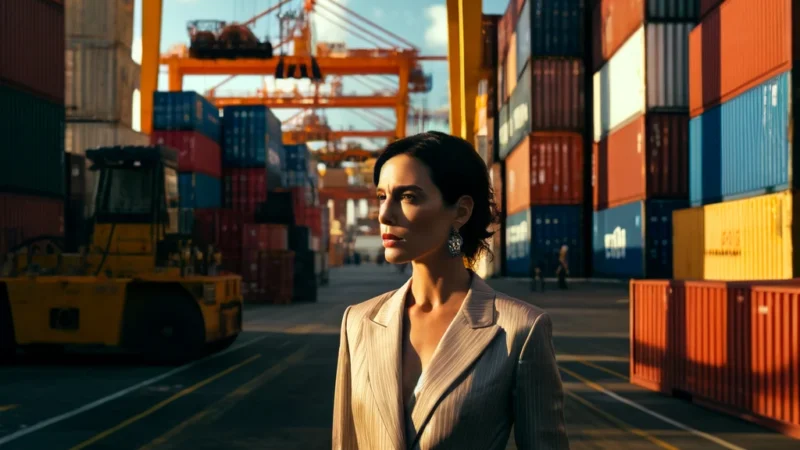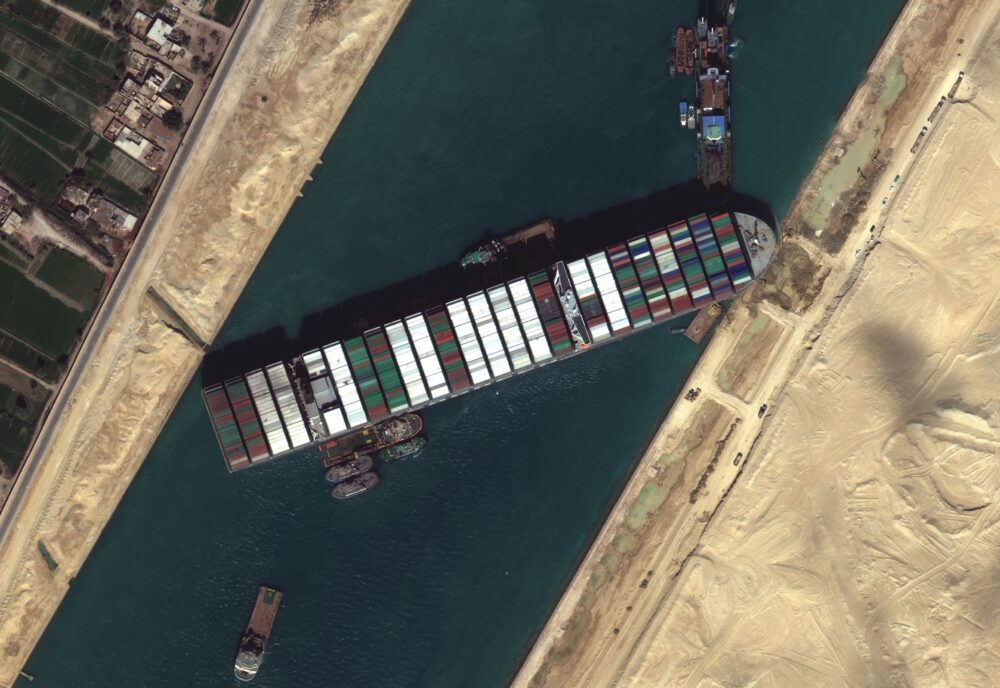 In the short term, the Suez Canal incident will cause changes in shipping lines rotations, congestion in ports and operational problems that are not new in European docks. (Creative Commons)
In the short term, the Suez Canal incident will cause changes in shipping lines rotations, congestion in ports and operational problems that are not new in European docks. (Creative Commons)
The Suez blockade: a word of warning
The Suez Canal blockade has underlined the key role this infrastructure plays as a way of passage in the world economy, especially the European one. With the exponential increase of the European foreign trade with Asia and the slow, but inexorable and proportional decrease in trade with America, the Suez Canal is even more important for Europe than during the turbulent second half of the 20th century, specifically during the Arab-Israeli conflict which closed the channel during long periods of time.
Posted on
04.01.2021
 In the short term, the Suez Canal incident will cause changes in shipping lines rotations, congestion in ports and operational problems that are not new in European docks. (Creative Commons)
In the short term, the Suez Canal incident will cause changes in shipping lines rotations, congestion in ports and operational problems that are not new in European docks. (Creative Commons)



